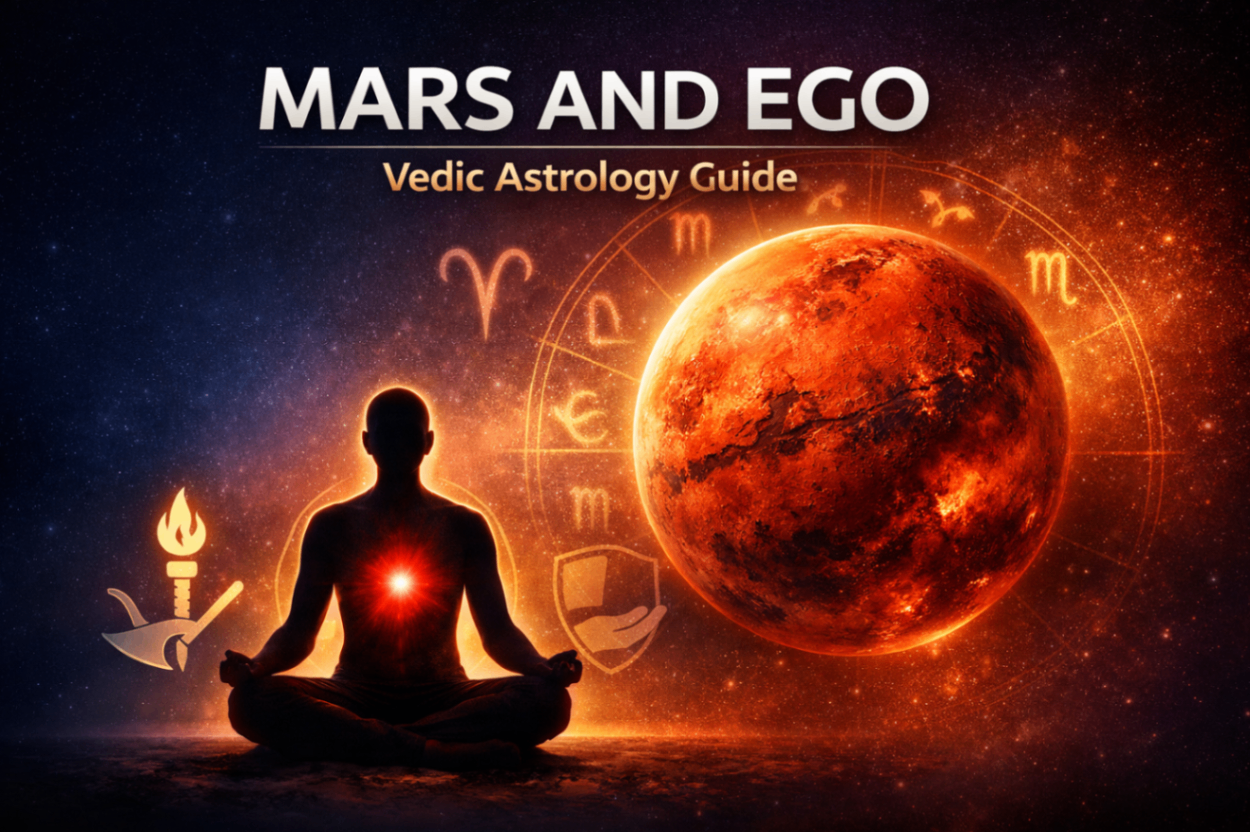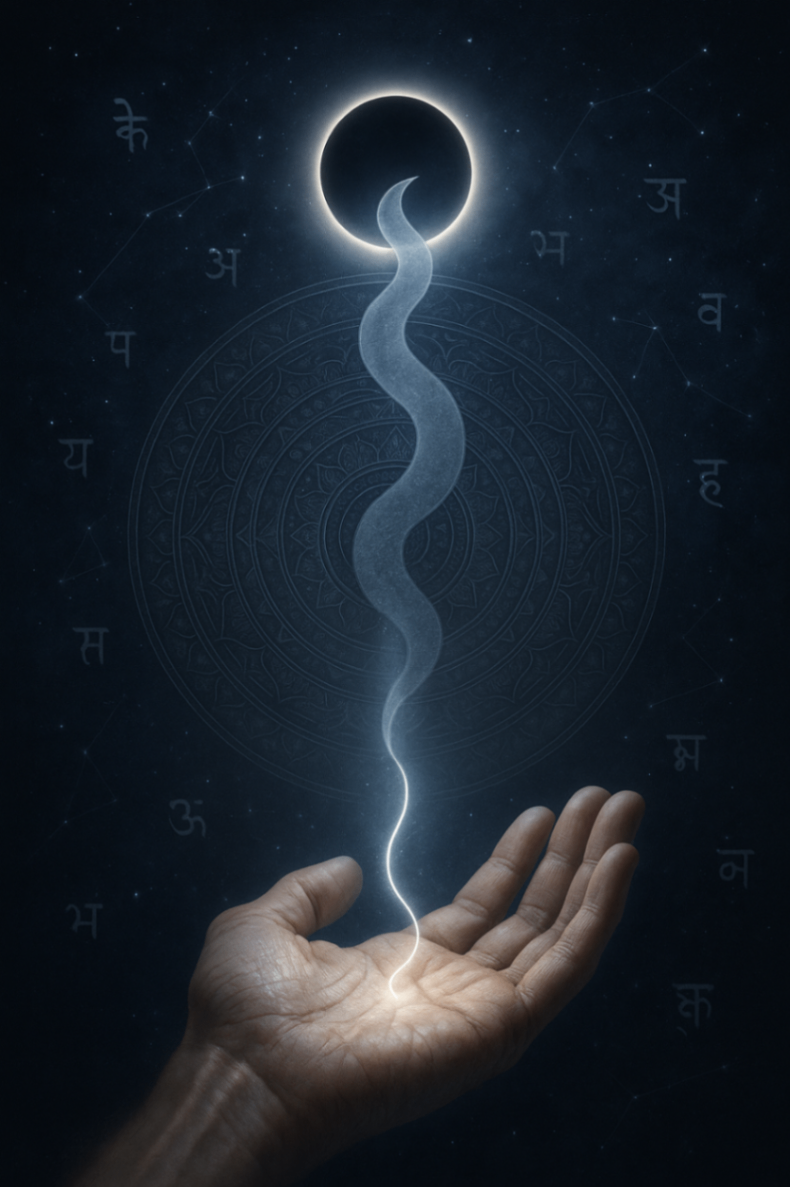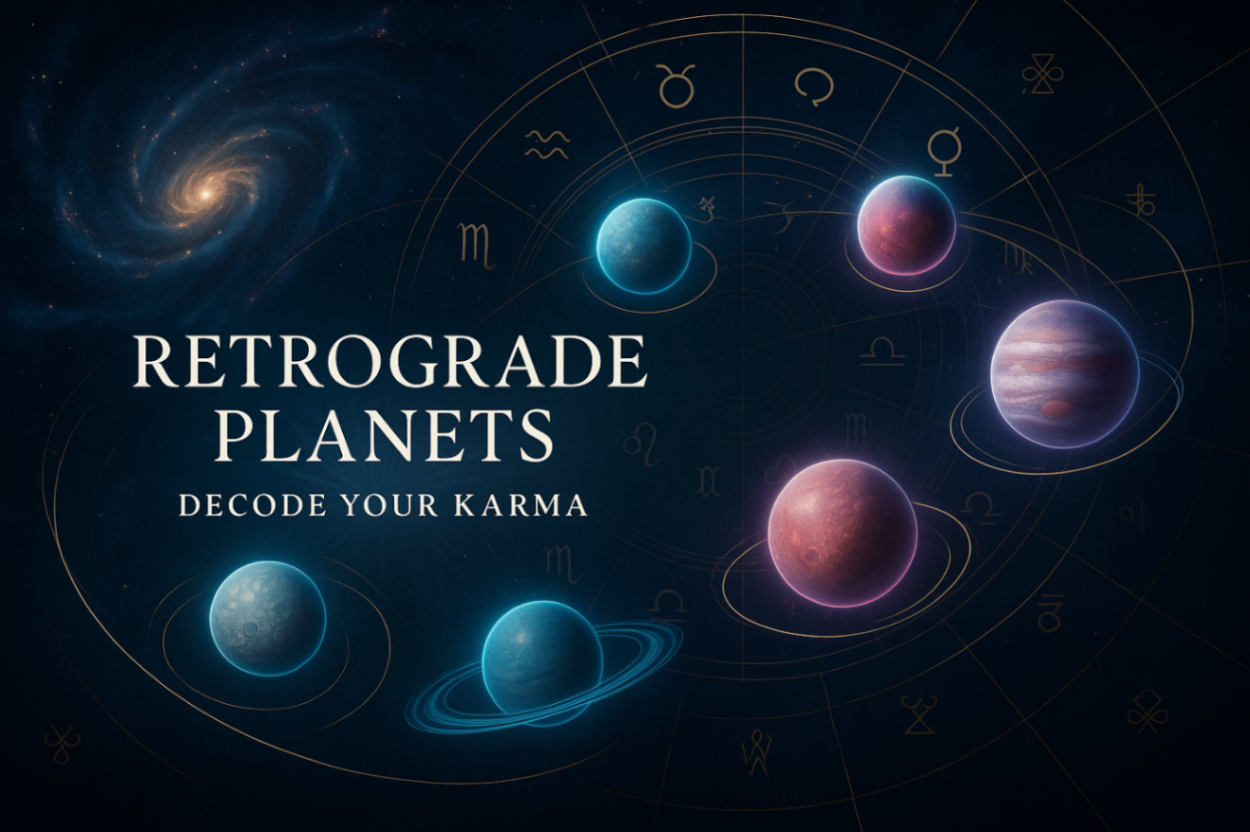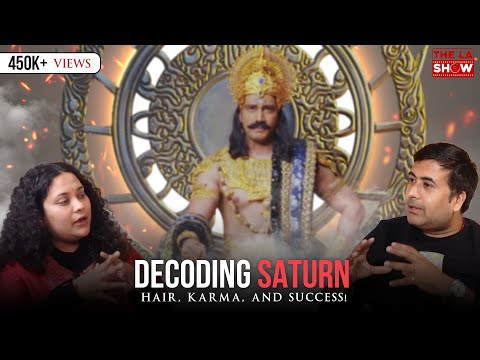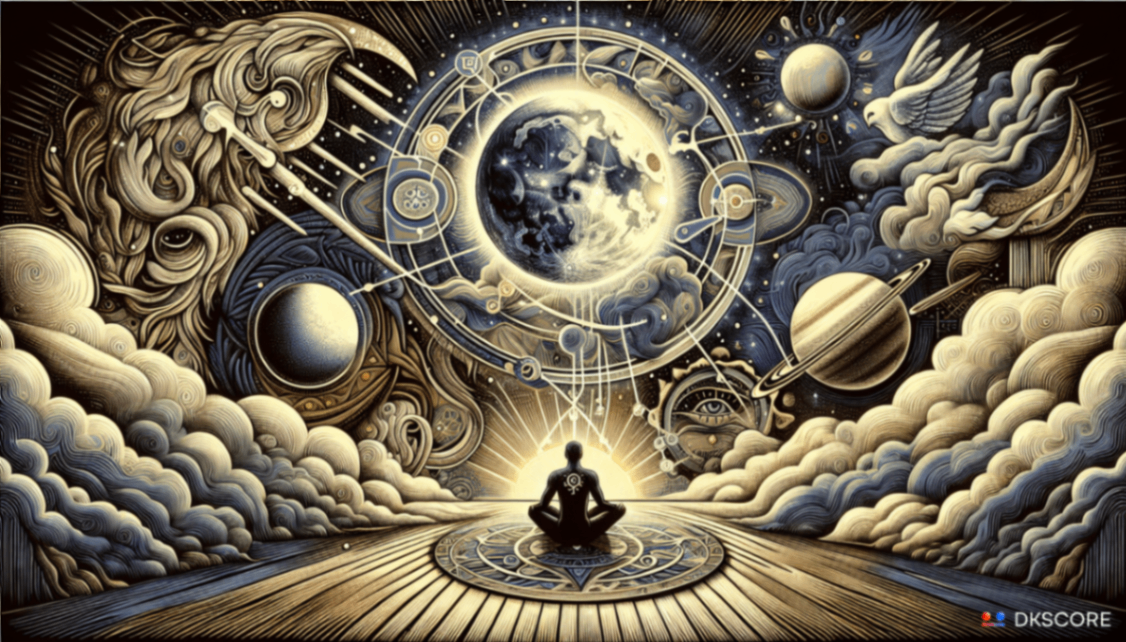Understanding Mangal Dosha
Mangal Dosha is a significant concept in Vedic astrology that often influences marital prospects and compatibility. It is a condition in the birth chart that is believed to cause various issues in marriage if not properly addressed. In this article, we will delve deep into the understanding of Mangal Dosha, its implications, and the remedies associated with it.
What is Mangal Dosha?
Mangal Dosha occurs when Mars, known as 'Mangal' in Vedic astrology, is positioned in certain houses of an individual's horoscope. The specific houses that contribute to Mangal Dosha are the 1st, 4th, 7th, 8th, and 12th houses. When Mars is present in any of these houses, it is said to create a 'Dosha' or flaw that can cause challenges in marriage.
The Twelve Houses and Their Significance
In Vedic astrology, a horoscope is divided into twelve houses, each representing different aspects of life. The houses related to marriage and partnerships are particularly significant when discussing Mangal Dosha. These houses and their significance are:
1st House: Represents self, personality, and physical body.
4th House: Represents home, family, and domestic happiness.
7th House: Represents marriage, partnerships, and relationships.
8th House: Represents longevity, transformation, and joint assets.
12th House: Represents losses, expenditures, and spiritual liberation.
Mangal Dosha and Its Impact on Marriage
When Mars occupies any of the aforementioned houses in an individual's horoscope, it is believed to create turbulence in their married life. The presence of Mangal Dosha can lead to delays in marriage, conflicts between partners, and even separation or divorce. It is crucial to understand that the intensity of Mangal Dosha can vary based on the position of Mars and other planetary influences in the horoscope.
Compatibility and Mangal Dosha
A common question that arises is whether a person with Mangal Dosha can marry someone without it. According to Vedic astrology, the most effective way to neutralize Mangal Dosha is for both partners to have the same Dosha. This means that if one partner has Mars in a specific house causing Mangal Dosha, the other partner should ideally have Mars in the same house or another malefic planet in that house. This mutual presence of Mangal Dosha is believed to balance the negative effects and lead to a harmonious marriage.
Definition of Mangal Dosha
The definition of Mangal Dosha varies among astrologers. Some consider Mars in any of the specified houses as Mangal Dosha, while others believe that the impact of Mars should be analyzed along with other malefic planets. For instance, if Mars is in the 4th house for one person and in the 8th house for the other, both are considered Manglik. However, a stricter interpretation would require Mars to be in the same house for both partners to be deemed Manglik.
Remedies for Mangal Dosha
There are several remedies prescribed in Vedic astrology to mitigate the effects of Mangal Dosha. Some of the common remedies include:
Kumbh Vivah: A ritual where the Manglik individual marries a pot or an idol of Lord Vishnu to neutralize the Dosha.
Fasting: Observing fasts on specific days like Tuesdays, which are dedicated to Mars, can help reduce the Dosha's impact.
Chanting Mantras: Reciting specific mantras dedicated to Mars, such as the Mangal Mantra, is believed to pacify the planet.
Wearing Gemstones: Wearing gemstones like red coral, which is associated with Mars, can help balance its negative effects.
Performing Pujas and Homas: Conducting specific rituals and fire ceremonies can appease Mars and reduce the Dosha's impact.
Conclusion
Mangal Dosha is a complex and often misunderstood concept in Vedic astrology. While it can pose challenges in marriage, understanding its intricacies and implementing the appropriate remedies can help mitigate its effects. By recognizing the presence of Mangal Dosha and taking the necessary steps, individuals can work towards a harmonious and fulfilling marital life.
```


